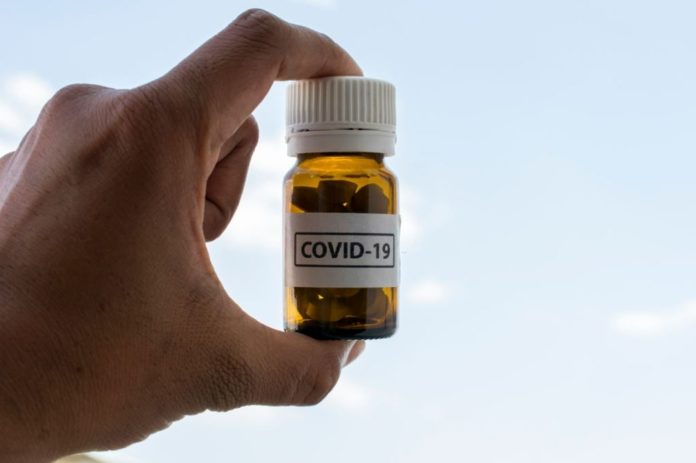Several COVID-19 vaccines and other potential treatments have received emergency use authorization (EUA) from various global regulatory agencies, and vaccination programmes have begun in countries all over the world. Although the initial vaccination rate in the United States was extraordinarily high, recent data indicate that vaccination rates have declined due to vaccine reluctance. In many other nations, there aren’t enough vaccines to go around for the entire population, therefore the vaccination procedure has been delayed.
These events exacerbate the spread of SARS-CoV-2 variants, many of which are more lethal than the original strain and can circumvent vaccine-induced immune responses as well as protection established following natural COVID-19 infection. As a result, oral antivirals are required to treat COVID-19 outbreaks in unvaccinated and immunocompromised patients. These antivirals may also be useful in the treatment of vaccine-related complications.
Scientists predict that using next-generation oral coronavirus (CoV) antivirals during the early stages of infection could diminish household transmissions, prevent long-term COVID-19 sequelae, and lower hospital readmissions.
A group of scientists, in their new study published on bioRxiv* preprint server focused on in vitro antiviral activity in various cell models and in vivo therapeutic efficacy of oral GS-621763 in a mouse model of SARS-CoV-2 pathogenesis, claim to have developed a nucleoside prodrug GS-621763, which can be taken orally.
GS-621763 is an orally available prodrug of remdesivir’s parental nucleoside, GS-441524, that targets the highly conserved RdRp. As a result, this medication has the ability to metabolize within cells and produce the same active nucleoside triphosphate as RDV.
According to the study, GS-621763 displayed promising antiviral activity in lung cell lines and two different human primary lung cell culture systems. The dose-proportional pharmacokinetic profile associated with the oral administration of GS-621763 in the SARS-CoV-2 infected mice was studied.
In the COVID-19 mouse model, GS-621763 was reported to significantly lower the viral load and improve severe lung pathology and pulmonary functions. Also, GS-621763 prevented the infected mice’s body weight loss, which was not the case for the control group.
Researchers compared the efficacy of GS-621763 with molnupiravir. This is because molnupiravir is also an oral nucleoside analog antiviral and is currently undergoing human clinical trials.
Interestingly, they observed that both these drugs possess similar efficacy. Therefore, this study provided proof-of-concept preclinical data to show that the orally bioavailable ester analog of RDV GS-621763 possesses antiviral effects against SAS-CoV-2.
Hence, the efficacy of GS-621763 for treating COVID-19 in humans must be further validated in human clinical trials.
Scientists are optimistic that oral antiviral therapies that target conserved viral proteins possess optimal therapeutic utility against future emerging VoC.
The authors of this study aimed to determine the efficacy of combinations of antivirals in mouse models of SARS-CoV-2 pathogenesis.
They also aimed to understand the inhibition in the transmission of the virus between animals, in other animal models, such as hamsters and ferrets.
The current study provided preclinical data of an orally bioavailable nucleoside analog prodrug, GS-621763.
If this drug proved safe and effective in human clinical trials, it could help contain this pandemic and future CoV outbreaks.
Image Credit: iStock
